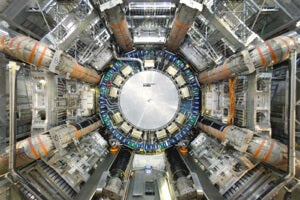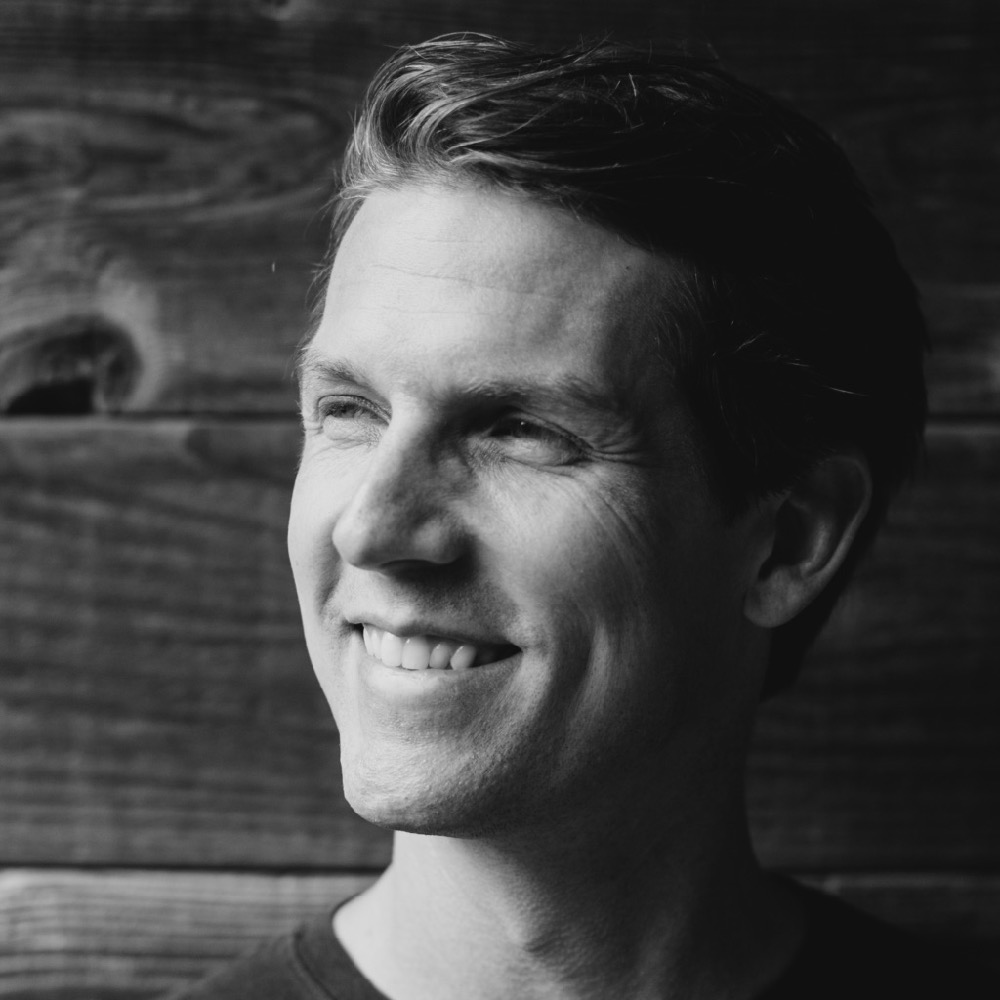Technology Gives Us the Power to Rewrite Nature

Share
One of my old professors used to say calculus is the language of the universe. Now, every so often, I'll watch trees in the wind, cars on the road, or clouds rolling by, and see equations made manifest.
Though the world appears incomprehensibly huge and endlessly varying, all that mind-boggling complexity emerges from a shared set of instructions. Instructions that, until relatively recently, we couldn't see, let alone understand.
But of course, this is no longer the case. Each year we learn more about the laws governing how particles interact to form atoms, stars, and galaxies; the chemical axioms behind reactions and materials; and the molecular code directing the assembly and evolution of every living thing on the planet.
In a recent video, Jason Silva likens this to the moment Neo wakes up and sees the matrix for the first time, sees those scrolling lines of green code serving up the world of the senses.
Better understanding the world we live in is alone a worthwhile endeavor. But it’s also remarkably empowering.
As science reveals this universal instruction set, we get to play with it too. Today, we're still beginners. But with time and practice, we'll become more like master composers scoring a symphony.
“The real secret of magic is that the world is made of words,” Terence McKenna once said. “And that if you know the words that the world is made of you can make of it whatever you wish.” Today’s scientific discoveries seed tomorrow’s technologies. And those technologies may bend the very fabric of reality as we know it.
Be Part of the Future
Sign up to receive top stories about groundbreaking technologies and visionary thinkers from SingularityHub.


The proof of our growing linguistic proficiency isn't hard to find.
Robots are exploring Mars, orbiting a comet, and approaching Pluto. A mammoth particle smasher is probing nature’s fundamental bits and pieces in Switzerland. Machines are transcribing tens of thousands (and soon millions) of human genomes. A deluge of scientific study is issuing from universities and research groups all around the world.
But, you might ask, to what end?
A wise saying goes, “With great power comes great responsibility.” As science gives us the ability to understand and ultimately rewrite nature with technology, what story will emerge?
Many love speculating on that question. Some see apocalypse, others utopia. The truth is, no one knows for sure.
But we can expect the unexpected. Scientific and technological progress is humanity’s greatest collective project—an epic work as heroic, flawed, and surprising as its countless authors.
Image Credit: Shutterstock.com; CERN
Jason is editorial director at SingularityHub. He researched and wrote about finance and economics before moving on to science and technology. He's curious about pretty much everything, but especially loves learning about and sharing big ideas and advances in artificial intelligence, computing, robotics, biotech, neuroscience, and space.
Related Articles

US Solar Surged 35% in 2025, Overtaking Hydro for the First Time

What the Rise of AI Scientists May Mean for Human Research

Meta Will Buy Startup’s Nuclear Fuel in Unusual Deal to Power AI Data Centers
What we’re reading

